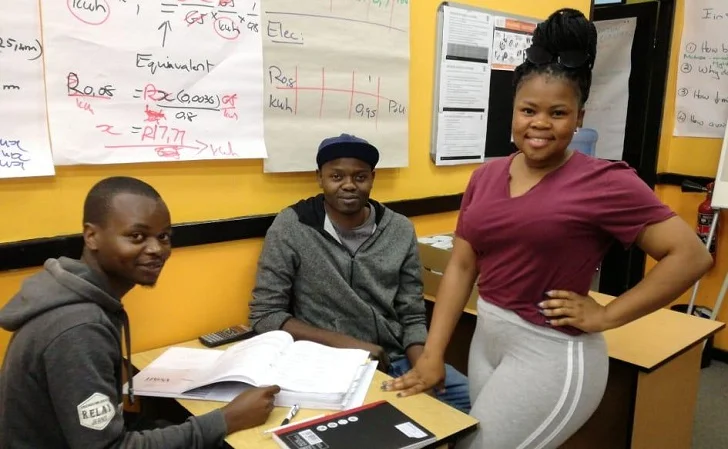Ditch the Textbooks: Textbooks are just too full of information to be a helpful study tool on their own. If you try to re-read the book for your studying, you’re going to get bogged down. However, textbooks are useful reference tools if you need help or insight on a specific topic or section. Instead of just rereading, try outlining the major points of the course using your syllabus, homework, or book as a guide.
Practice Questions: This one seems like a no-brainer, but the best way to learn is to actually practice doing test questions. However, a lot of people that follow this tip don’t get the most that they can out of their time because they practice doing the wrong problems. If your class provides practice questions for the exam, those are the ones you should do. If not, go back to your homework and either re-do those problems or write your own that closely follow them. The main point is that you should try to do problems that are written by your teaching staff because those are the people that will be writing your exam. Avoid just doing problems that you find on the internet or in the back of the textbook because those were not written with your class in mind.
Reflect: If you are reading back over problems or notes, take a little extra time to think about the main points that your teaching staff is trying to get across. This is particularly helpful if your professor likes to write tests that contain extensions of the material you’ve been working on. Taking just 5 or 10 minutes to reflect helps to move the information into long-term memory, and it will be more readily accessible to you when you take the exam.
Study Group…or not: Study groups are a great way to collectively reason out problems or concepts that might take a long time to figure out on your own. But on the other hand, study groups often have a tendency to become a social hour. If your study group isn’t focused on the task at hand, you’ll be better off studying on your own. So either steer the group back on track or cut them loose.
Get Some Sleep: Do not pull an all-nighter unless you absolutely have to! When your brain gets tired, it becomes much worse at absorbing information and committing it to memory. In addition, staying up late will throw off your sleep schedule and could make you sleepy during the exam, which makes quick recall far more difficult. Start your studying early in the day and get some sleep instead of studying late into the night, it will make a big difference.
Finally, Relax: So many people go into a test having prepared the best they possibly could, but they get anxious and don’t do well. When you sit down at that desk, you should know that you’re going to ace this test. Confidence is a huge part of the testing game, so make sure you feel good and ready to knock it out of the park.
It’s important to keep in mind that everybody has slightly different strategies for studying, so you should be willing to try new tactics. The best learners, not just in the classroom but in life, are constantly trying to find ways to make themselves better. Now go out there and ace that test!
